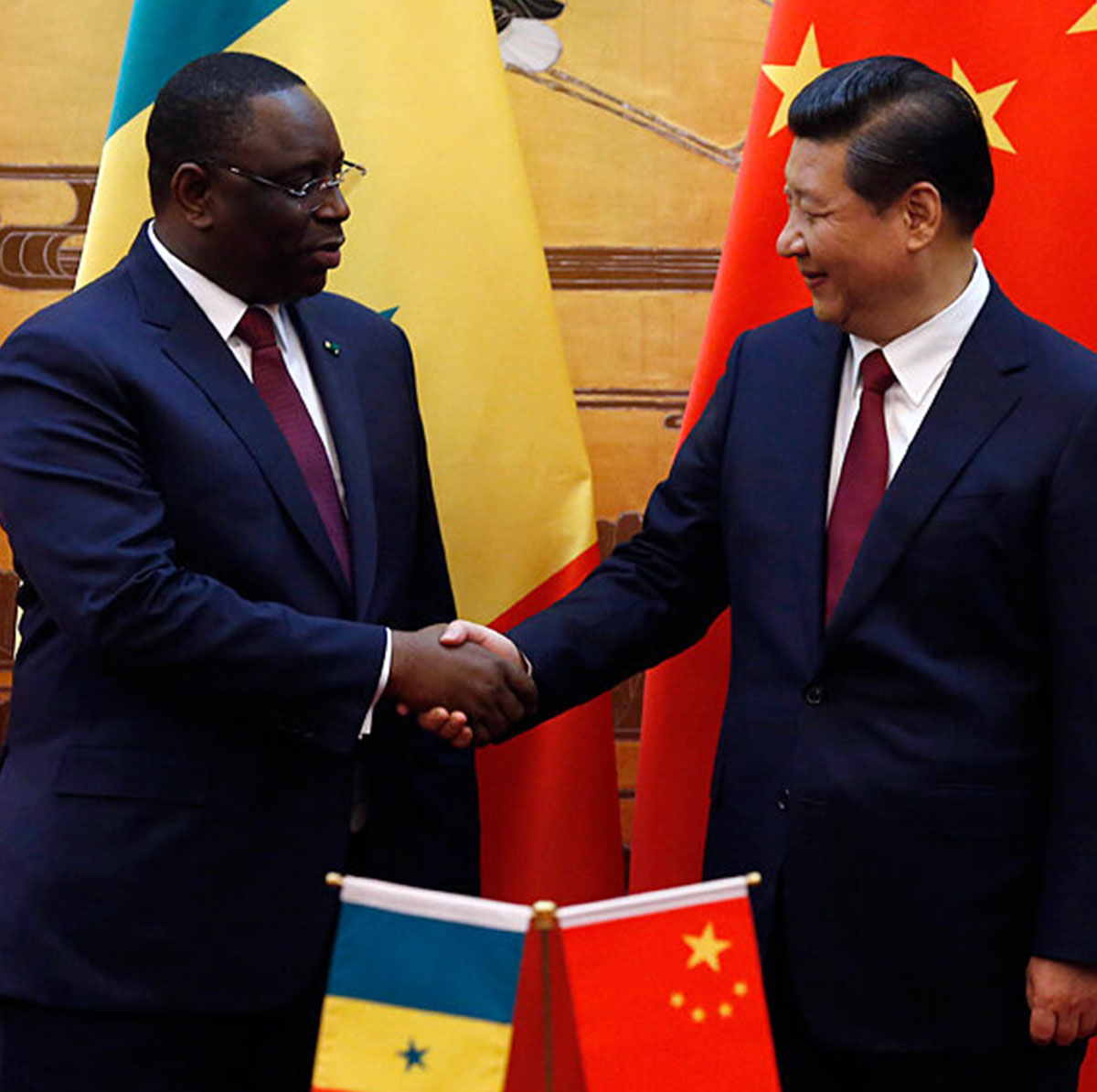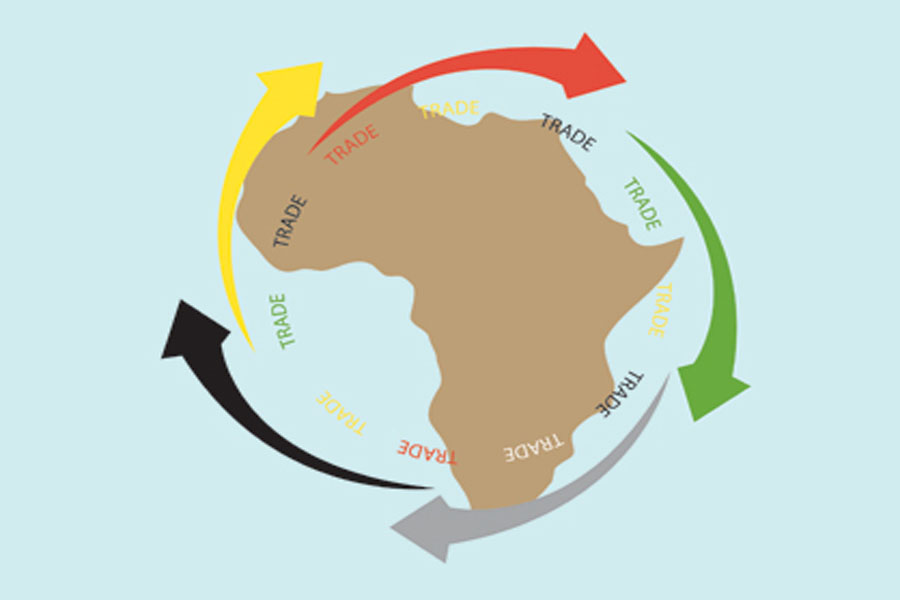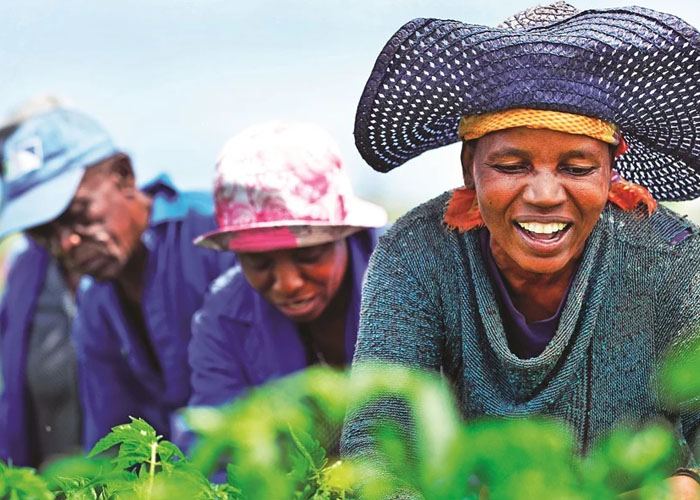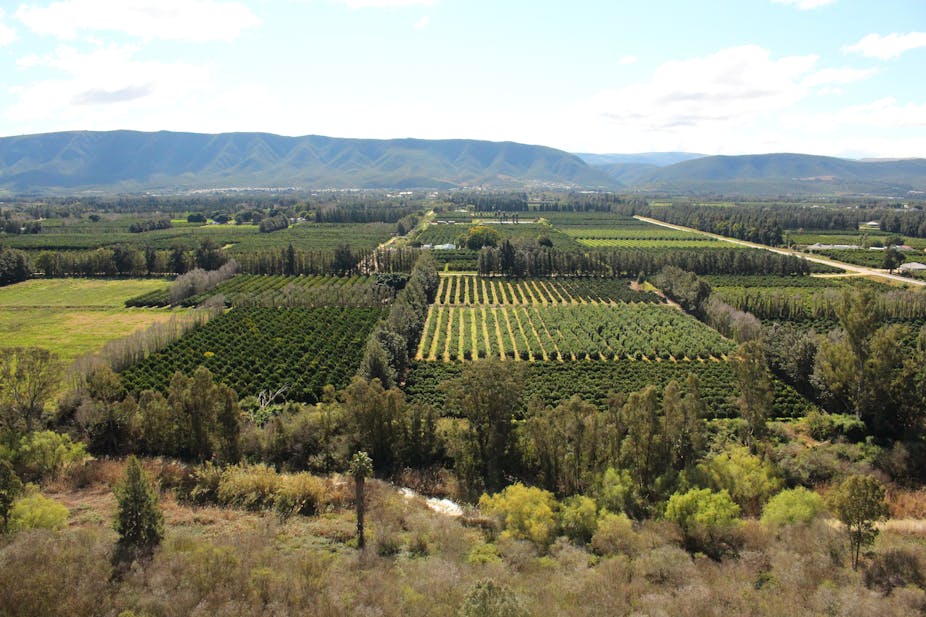Digest
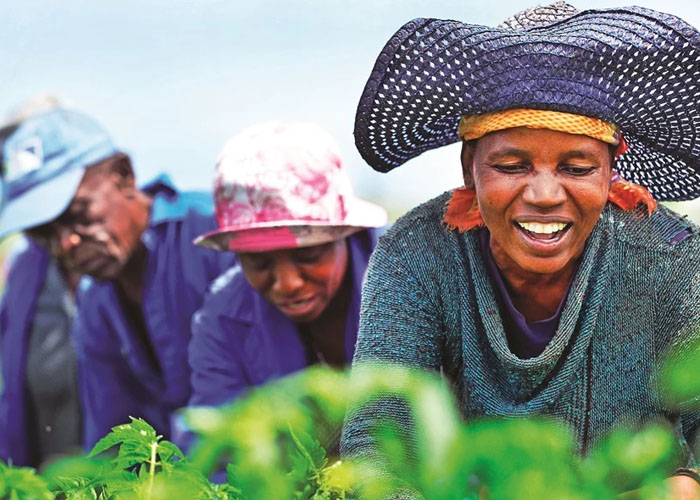
South Africans believe the implementation of the African free trade area would be a bonanza to the country’s agricultural exports, which comprises 41pc of its total exports to countries in the continent. South Africa exports water, wine and beer (15pc); food (nine percent); fruits (nine percent); and, nut (seven percent). Wan dole Sihlobo, chief economist for the Agricultural Business Chamber of South Africa, sees the African market driving growth and opportunities for his country’s agricultural products. “South Africa’s government and the business community have recognized the strategic importance of the African market for increased agricultural investment and exports,” he told News24.
Nigeria is ahead of many countries in Africa in advancing the causes of the continent’s free trade mantra, setting up a national action committee chaired by Francis Anatogu, senior special assistant to the President. Anatogu has addressed a roundtable called last week where he said the African Continental Free Trade Area (AfCFTA) will increase Africa’s export to the world by 560 billion dollars, mostly in manufacturing. “It’s an exciting time in Africa because everything is coming together. It is also very exciting because we have a template,” said Anatogu. “This is about creating a single market for ‘Made in Africa’ goods and services and it will also provide structure for making that trade happens, provide mechanism for resolving disputes and managing injurious practices.” Africa has a preferential access worth 504.17 billion dollars, in addition to 162 billion dollars in services.
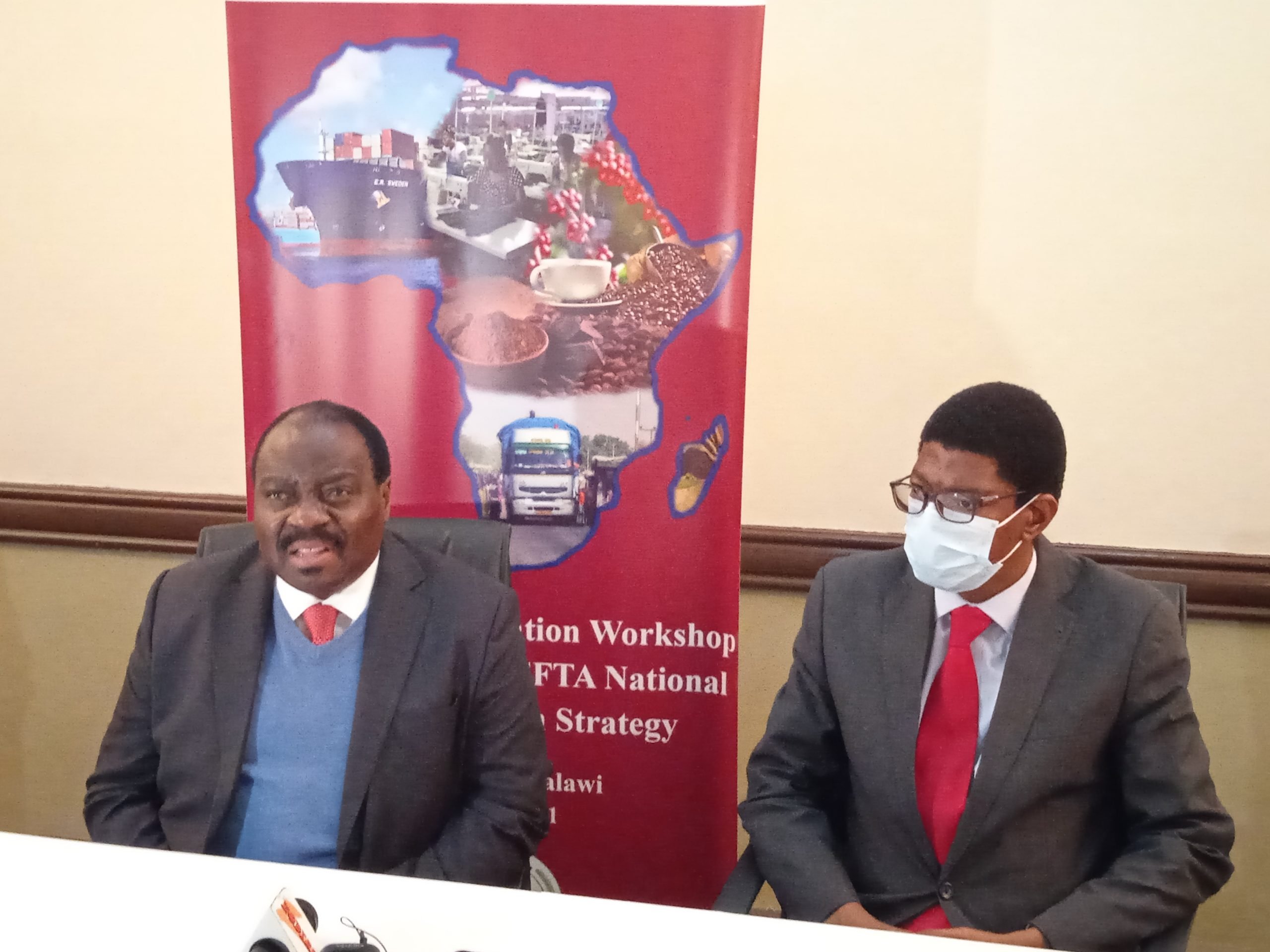
Malawi is coming along, holding one of its early workshops to promote its national implementation strategy for the continental free trade area. The workshop, organized by Malawi’s Ministry of Trade and the UNECA, UNCTAD and International Trade Centre (ITC), was part of a project financed by the European Union (EU) at eight million euro. EU wants to help Malawi identify its trade, production and competitiveness. “It’s now up to the private sector to embrace this great initiative and play to win,” Clement Kumbemba, director for Trade in the Ministry of Trade, told the NyasaTimes. “The goods you export to the other African countries will still have to compete with products from all over the world - China, Vietnam, Brazil. It is critical that you build globally competitive firms.”
Tanzania will be the 38th country to ratify the African Continental Free Trade Agreement (AfCFTA), when its legislators are expected to put their stamp before October this year. The free trade agreement, accepted by all the 55 countries in Africa but Eritrea, is before the cabinet of the Tanzanian government. “This will be good for our countries,” Liberata Mulamula, minister of Foreign Affairs & East African Cooperation, told TheCitizen. “There will also be a joint procedure for determining the tax to be applied on the goods traded. We used to export business to Europe but now the market will be for African countries.”
